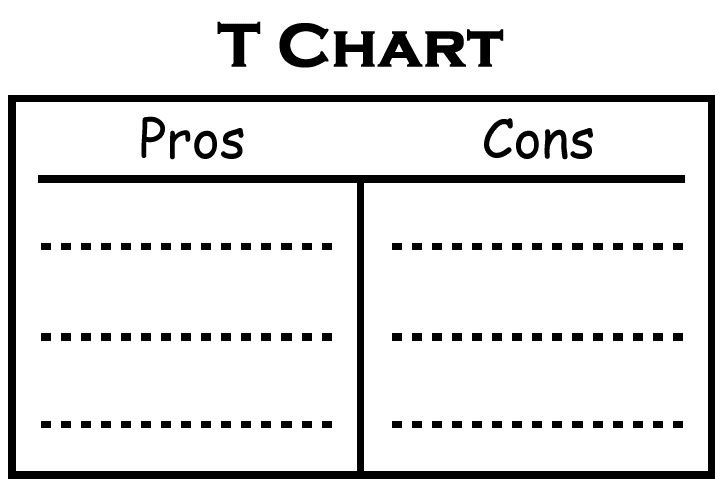Looking back, second-guessing your decisions, regretting putting yourself in the place you’re in, making decisions based on fear, being too fearful to take action because of what’s happened in the past, feeling like you’ve made mistakes, but you can’t do it wrong.
You couldn’t do it wrong if you tried to. Sure, there is that fanciful part of you that thinks things would have worked out differently only if (fill in the blank with something you think didn’t turn out the way you intended or liked).
This plays out big-time in relationships. You desire love, the kind of love and affection you’re willing to give someone else. You find a suitable mate. Then you start second-guessing, “Is this the right one?” And start the onslaught of questions, like, “What if someone better comes along?” What if this person is not as they appear?
And if you’ve been through a few relationships, you may have been deeply embroiled in a relationship when something better did come along, and you were ill-equipped to take advantage of the opportunity. You may have thought of this as a failure, regretted your initial decision, or with a bit of self-deprecation, accused yourself of settling for less out of fear that something better might not come to you. When it does, you beat yourself up for making a hasty or wrong decision.
You can’t do it wrong
You get the chance to buy a marvelous home because you feel like it’s the right place, the right time, you have the wherewithal to do the financing, fear that a better time or opportunity might not come, so you strike when the iron is hot, then regret making a 30-year commitment when your heart was not in it. The regret makes you feel as though you’re imprisoned in your own home.
What if you can’t do it wrong?
What if you take a job when you feel like you could have waited it out a little longer for a better job, with better opportunities, and benefits? You might feel like you panicked, made a decision to take the job you have now out of fear, which has prevented you from being in the right place or right time to take advantage of something far better?
You didn’t do it wrong.
“But,” you say, “I know I did it wrong, and I would do it differently if given the chance.” You’re so close. All you have to do is leave off the I-know-I-did-it-wrong part. What came after proves this was part of the learning process. And you learned. There is probably no better way you could have learned that lesson. You won!
Fear of the unknown may keep you from making a decision or taking action, and guess what? It’s okay because,
You can’t do it wrong.
No matter what you do, or don’t do, it is perfect for you and your life.
Do we make mistakes?
No, not really. Every experience you encounter on this path of life is for your highest and best if you can extract the lesson, learn from it, and keep growing and expanding.
The key is to slow down and settle into your life, learning to let your heart guide the way. You have a built-in sacred guidance system, and all you need to do is to relax and trust your heart. It doesn’t mean you will never experience hardship.
It is the difficult times in life that empower you to grow and thrive in ways you could have never imagined because all the best things in life are waiting for you just beyond your comfort zone.
The alternative is to not relax, to allow yourself to give in to anxiety and struggle between the making of two this-or-that decisions. This struggle is fueled by fear, not love.
There is no judgment if this is the place you are at in your life, but how amazing it is, if you’re at the place to move into a new love-inspired place in your decision-making consciousness?
No more will you have to worry about making decisions, or fretting over decisions you’ve made in the past, for now, you are understanding that all things are in divine order, and,
You can’t do it wrong.


